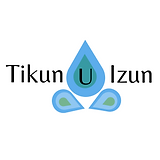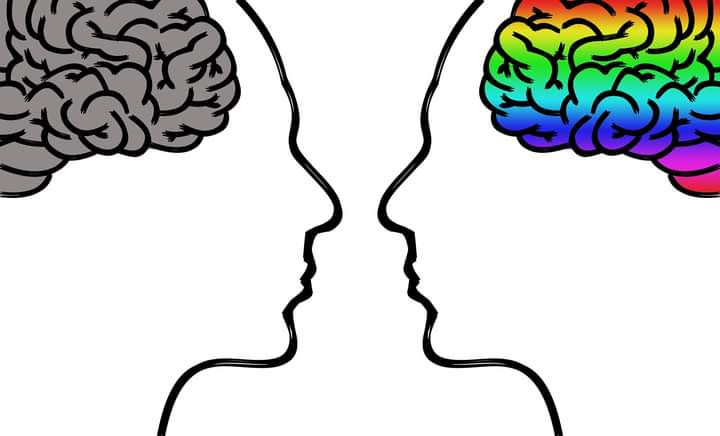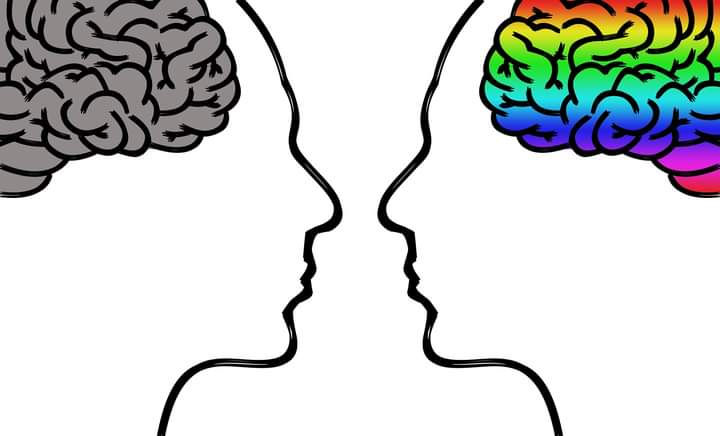Boundaries – the importance of building your own personal, emotional and professional space.
- Debora Wiseman
- 24 de jan. de 2023
- 4 min de leitura

Limits and Borders
A limit or frontier is that space, which each of us defines as being the edge of what we feel, desire or want.
The limit is the initial possibility of seeing yourself as separate from others, as well as looking closely at yourself.
As children, our boundaries are offered by our parents or guardians.
Some limits are necessary, but others need to be questioned. If not, it would impede our development. Same thing for physical limits, if you try to break a record in a physical activity, in the beginning, for sure, you won't break it. But with a lot of training, patience and drive, you may well succeed.
There is also the limit that allows you to protect yourself. What is the limit you set for a stranger or someone you know? Are they the same?
At these times, you establish boundaries that may or may not be shared.
The importance of limits
Boundaries are important for you to determine as clearly as possible what is good for you, on a scale that allows us to live and survive ecologically, that is, without physically or emotionally injuring yourself or anyone else..
Prioritizing yourself is selfishness? These limits and situations thus add another problem: they are generally invisible, they are distinct and unique for each person.
To change this situation and learn what self-esteem is, it is important that you express your limits, as they protect you and help you to take care of yourself. Having them (and keeping them) is a vital part of happy, healthy relationships. These boundaries establish where you end and the other begins, both physically and emotionally.
Our ability to set limits is deeply related to what we experienced in our childhood. This conditions us to think that this is the correct way to act. Personal limits go through transformation, reflecting on and deciding what types of communication, conduct or interactions are acceptable or not.
If we set unclear boundaries, we allow others to be intrusive.. If they are too rigid, we will have serious problems with flexibility, intolerance and control. The first step, then, is knowing that it is necessary to start and gradually find the balance and ecology of each situation.
There is no exact script, but we can start with two questions that will help us to know (and change) our personal limits, so that they are healthy:
The first is: Do I say yes when I really mean no?
Even though we don't always do what we don't want to, it means we have no limits, evaluating why we do something we don't want to do should be part of this awareness of change.
The second question is: Do I apologize even though I know it's not my fault? An unhealthy threshold meter is always feeling responsible for another's happiness or constantly wanting others' approval.
In relation to the previous question, there is the attempt to avoid confrontation.
Establishing our personal limits is not such a difficult job, if we know how to strike a balance. But, on the other hand, it can be a very complex job, as it requires a lot of patience and perseverance.
How to identify that others are crossing boundaries in relation to you?
Are they empathizing with you or trying to control or manipulate you?
When you are hurt by someone, do they accuse you of being "hypersensitive, crazy, out of control?
Do they act out of control and blame you for being the cause of the situation?
With these questions, you will have guidance to set limits.
Boundaries are actually connection points, as they provide healthy rules for navigating internal, intimate, family, social, or professional relationships.
It is important to emphasize that limits must always be flexible. It is advisable over time to reflect and reassess limits. But, never confuse flexibility with respect. Boundaries allow us to conserve our emotional energy.
You don't always have to have the same limits for everyone. For each individual, we have to be flexible. Being aware of your limits can help you to have an expanded perception of each situation to know how to put yourself in them, it can also help to maintain enough energy for self-care and protection.
Boundaries help us grow, but they also make us vulnerable. We all deal with complex situations in our daily lives.
Knowing our limits is not always easy, self-knowledge is necessary, being aware of ourselves, of our emotional and relational needs.
Acting consciously makes us recognize our vulnerability and deal with it peacefully, but not passively. We move out of automatic reaction and into control of our lives.
Psychological Abuse: How to set boundaries
Psychological abuse or violence is still little talked about in our society because it is silent and happens in most cases in intimate situations. Victims of psychological abuse may be more susceptible to depression, drugs, alcoholism, sleep or eating disorders, in addition to somatization of diseases.
As their self-esteem is attacked, the person becomes closed off, ends up losing social ties and becomes increasingly isolated, which makes this more dangerous because, in addition to weakening the person, they gradually lose the external references of what it is like to be in a relationship which is truly healthy.
If there are difficulties in putting limits on your life, it is essential to seek help and guidance from competent doctors and therapists.
Remember: in relation to respect and love, first priority is always one's own!
IMPORTANT: We are Holistic Therapists and our treatment is alternative. Even presenting satisfactory results, it is essential to emphasize that only duly qualified physicians can diagnose diseases, recommend treatments and prescribe medication.
All the best!
See you next week
Shalom!
Debora and Daniel Wiseman





Comentários